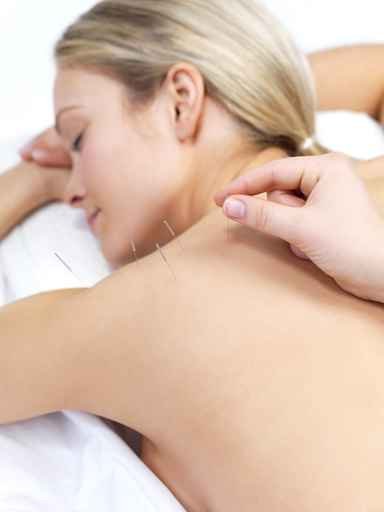1560 Fishinger Rd.; Suite 140 | Columbus, OH 43221 | 614-451-7246
Frequently Asked Questions
WHAT IS THE SCOPE OF ACUPUNCTURE?
Acupuncture is a system of therapy which can influence three areas of health care:
Promotion of health and well-being,
Prevention of illness,
Treatment of various medical conditions.
While acupuncture is most often associated with pain control, in the hands of a highly-trained acupuncturist, it has much broader application. Acupuncture can be effective as the only treatment used, or as the support or adjunct to other medical and surgical disorders.
The World Health Organization recognizes the use of acupuncture in the treatment of a wide range of medical problems including:
Digestive disorders: gastritis and hyperacidity, spastic colon, constipation, diarrhea, and irritable bowel syndrome.
Respiratory disorders: sinusitis, sore throat, bronchitis, asthma, recurrent chest infections, allergies, common cold.
Neurological and muscular disorders: headaches, migraines, facial tics, bell’s palsy, acute and chronic pain, tennis elbow, sciatica, low back pain, and osteoarthritis.
Urinary, menstrual, and reproductive problems: painful urination, male sterility, infertility, painful menstruation, endometriosis, PMS, and menopause.
Acupuncture is particularly useful in resolving physical problems related to tension, stress, and emotional problems.
Acupuncture can treat many other conditions, give us a call to see if it can help you.
HOW MANY TREATMENTS WILL I NEED?
The number of treatments differs from person to person. Most conditions are resolved in a few treatment sessions. For complex, long-standing conditions, one or two treatments a week for several months may be recommended. For acute problems, usually fewer visits are required; and for health maintenance, only a few sessions a year may be all that is necessary.
ARE THERE ANY SIDE-EFFECTS TO THE TREATMENT?
Usually not. As energy is redirected in the body, internal chemicals and hormones are stimulated and healing begins to take place. Occasionally the original symptoms may worsen for a few days, or other general changes in appetite, sleep, bowel or urination patterns, or emotional state may be triggered. These should not cause concern, as they are simply indications that the acupuncture is starting to work. It is quite common, especially with the first one or two treatments, to have a sensation of deep relaxation following the treatment.
WHAT ARE THE NEEDLES LIKE? DO THEY HURT?
People experience acupuncture needling differently. Most feel no pain at all, while some feel only minimal pain as the needles are inserted. Once the needles are in place, there is no pain felt.
Acupuncture needles are solid, very thin, and made of surgical steel. The point is smooth (not hollow with cutting edges like a hypodermic needle), and so it does not hurt like getting a shot. Also all needles are single-use, sterile, and disposable.
DOES ACUPUNCTURE REALLY WORK?
Yes. There are now numerous clinical studies now that have proven acupuncture's effectiveness for various conditions. The National Institutes of Health (NIH) has determined that “there is sufficient evidence of acupuncture’s value to expand it use into conventional medicine.” Many of its mechanisms of action are well-known and proven. Acupuncture can be given at the same time as other techniques being used, such as conventional medicine, chiropractic adjustments, or osteopathic manipulations. It is important that your physician be informed of everything you are doing so that you may get the best results from all your treatments.
To see if acupuncture can help you, give us a call.

